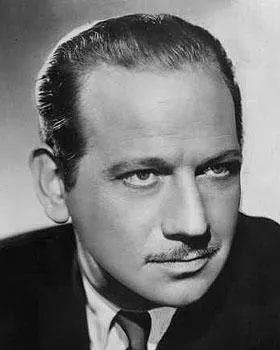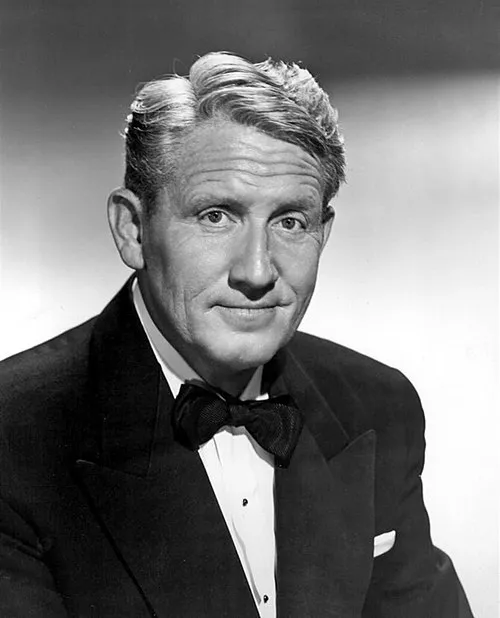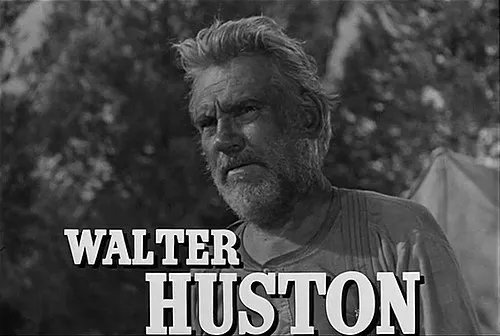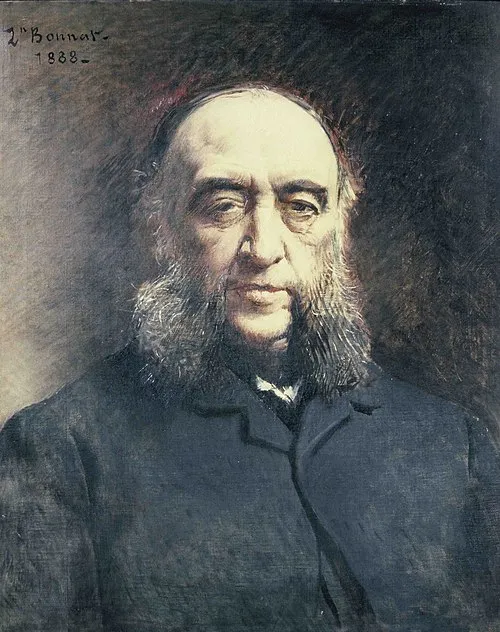
Birth Year: 1908
Full Name: Jagjivan Ram
Nationality: Indian
Political Position: 4th Deputy Prime Minister of India
Death Year: 1986
The Life and Legacy of Jagjivan Ram: A Journey Through Struggles and Triumphs
Born into a world that often sidelined his potential, Jagjivan Ram entered this life in 1908, in the small village of Chandwa, situated in what is now Bihar, India. The son of a farmer from the marginalized community of the 'Chamar,' he found himself navigating through societal structures that sought to keep him confined to a predetermined fate. However, fueled by an unyielding spirit and aspirations for change, young Jagjivan would rise against all odds to become one of India's most significant political figures.
Despite facing severe caste discrimination from an early age something that was pervasive in colonial India Jagjivan's thirst for knowledge propelled him toward education. He attended a local school before moving to Calcutta , where he pursued higher studies at the prestigious University College London. Ironically, it was here that he honed his skills not just as an academic but also as an activist. Perhaps these experiences were instrumental in shaping his future; they instilled in him a sense of responsibility toward uplifting his community.
Upon returning to India post-education, Jagjivan took on multiple roles he became deeply involved with the Indian National Congress and quickly emerged as a voice for the oppressed classes during India's freedom struggle against British colonial rule. As he joined forces with leaders like Mahatma Gandhi and B.R. Ambedkar, who were battling against societal inequities his commitment only intensified. In this light, it’s fascinating to consider: Did his early experiences with discrimination ignite within him a burning desire for social justice?
The trajectory of his career witnessed rapid ascension after India's independence in 1947 when Jagjivan was appointed as Union Minister for Labour and Employment a pivotal position that allowed him to address labor rights comprehensively. His tenure marked significant reforms aimed at improving conditions for workers across diverse sectors; however, one cannot overlook how this role also gave rise to challenges from conservative elements within society who resisted change.
Jagjivan Ram played crucial roles throughout various ministries over decades an era rife with social upheaval and systemic resistance and yet he stood firm amid turmoil. As one historian recalls: "He wielded diplomacy not just like a politician but like a warrior battling centuries-old prejudices." He deftly navigated complex political waters while relentlessly advocating for affirmative action policies designed specifically for lower castes.
This commitment culminated during his tenure as Deputy Prime Minister from 1977 until 1979 under Prime Minister Morarji Desai’s government the highest post ever held by someone from his background at that time! During this period, Ram faced not only governmental challenges but also internal party conflicts which threatened stability within both the administration and national consciousness.
Interestingly enough the year preceding this appointment saw widespread protests across India against perceived injustices; ironically enough it was amidst such turbulence that he managed to hold together coalitions fraught with discord among varied interests! His ability to act as both mediator and leader speaks volumes about his adeptness at managing crises while championing progressive agendas.
However... success is rarely linear! When Indira Gandhi returned to power following her controversial declaration of emergency rule between 1975-77 a decision criticized widely it presented formidable hurdles even more daunting than before! But even then in those dark days characterized by censorship & political suppression Jagjivan maintained principles rooted deeply within democracy itself; perhaps it’s safe to speculate whether inner resilience fortified by personal trials made him steadfast during such adversities?
The latter part of his career saw changes in leadership dynamics once again with subsequent governments oscillating between progressive reforms versus regressive tendencies aimed primarily at appeasing traditional bases rather than effecting actual change! Nevertheless even amidst these fluctuations his legacy endured through continued advocacy aimed directly towards dismantling structural barriers surrounding marginalized communities...
Early Life and Education
Jagjivan Ram was born into a humble family in the Saran district of Bihar. Despite facing the challenges of being born into a Dalit family, he showed exceptional promise and pursued education rigorously. He completed his graduation from the University of Calcutta, where he gained a wealth of knowledge that would later inform his political career.
Political Beginnings
Ram’s political journey began in the 1930s when he became involved in the Indian independence movement. He was deeply influenced by the ideas of Mahatma Gandhi and participated actively in various movements striving for justice and equality. His early political career was marked by a commitment to improving the social conditions of the marginalized communities, particularly the Dalits.
Role in Government
After India gained independence in 1947, Jagjivan Ram held multiple ministerial positions. He served as the Minister of Labor, and subsequently, the Minister of Railways. His leadership was instrumental in various reforms focusing on labor rights and infrastructural development. Jagjivan Ram became a prominent voice for the underprivileged in Indian society.
Deputy Prime Minister
From 1977 to 1979, Jagjivan Ram served as the Deputy Prime Minister of India, during a crucial period in Indian politics. In this role, he championed the cause of social justice, advocating for policies that aimed to uplift the economically and socially disadvantaged sections of society. His policies laid the groundwork for future affirmative action measures in India.
Legacy and Impact
Jagjivan Ram's legacy is profound. He was not only a stalwart of the Indian independence movement but also a champion for the rights of Dalits and lower caste communities. His life and work continue to inspire many in India today. He passed away on July 6, 1986, but left behind a rich legacy of social and political reforms that contributed to the empowerment of marginalized groups in the country.
A Lasting Impact Beyond Politics
Ram passed away on July 6th, 1986 a date etched forever into our collective memory not simply because it marked loss but due largely owing contributions rendered towards socioeconomic upliftment among millions whom society had overlooked historically!
The Evolution Of Policy Under His Influence
In examining policies instituted posthumously we see tangible footprints left behind pointing toward systemic reconfigurations oriented around equity-driven frameworks established precisely due largely thanks impartations driven forth during times served throughout various ministries spearheaded under leadership exchanges occurring alongside other powerful contemporaries!
"Perhaps what makes him remarkable isn’t just achievements but relentless pursuit ensuring future generations inherit fairer landscapes!"
Cultural Significance Today & Future Perspectives
Even today as society grapples confronting enduring legacies surrounding caste-based inequalities the essence captured through myriad efforts undertaken remains alive vibrantly entwined among progressive movements striving attain greater inclusivity amongst historically disadvantaged factions!
- A symbol: He symbolizes hope resilience prevailing wherever adversity exists!
- An influence: Educational empowerment initiatives resonate strongly echoing sentiments believed core values espoused throughout journey undertaken arise far beyond mere politics itself...
- A guidepost: Perhaps idealistic dreams realized stemmed chiefly realizing practical strategies aligned accomplishing larger vision focused fundamentally towards elevating lives constrained centuries earlier faced systemic exclusionary pressures weighing down generation after generation...
The Present-Day Relevance Of His Ideals
| Date | Event/Development |
|---|---|
| Ceremonies honoring contributions made hosted nationwide celebrating impactful work focusing uplifts development marginalized sectors significantly improving educational access opportunities levels previously thought unattainable leading entire communities flourish culturally economically thereby restoring dignity long denied... |










